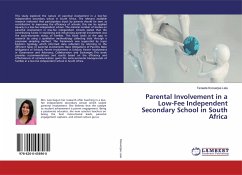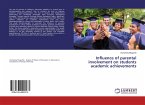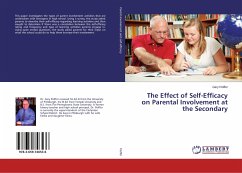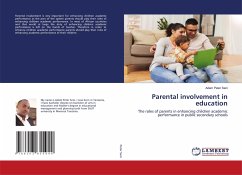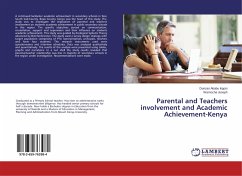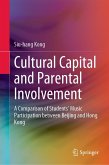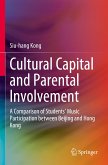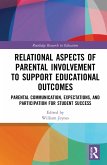This study explored the nature of parental involvement in a low-fee independent secondary school in South Africa. The relevant available research indicated that participatory input by parents should be seen as contribution to improving the efficiency of schools; this can be applied equally in a low-fee independent school. The minimal number of studies on parental involvement in low-fee independent schools stated that the contributing factor in explaining and influencing parental involvement was the socio-economic status of families. This book looks at the gap in research by using a qualitative methodology collecting data through a purposive sampling method. The framework was supported by Joyce Epstein's typology which informed data collection by referring to the different types of parental involvement: Basic Obligations of Parents; Basic Obligations of Schools; Parent Involvement in Schools; Parent Involvement in Governance and Advocacy; Collaboration and Exchanges. This book provides recommendations and results based on the efficiency and effectiveness of communication given the socio-economic backgrounds of families in a low-fee independent school in South Africa.

